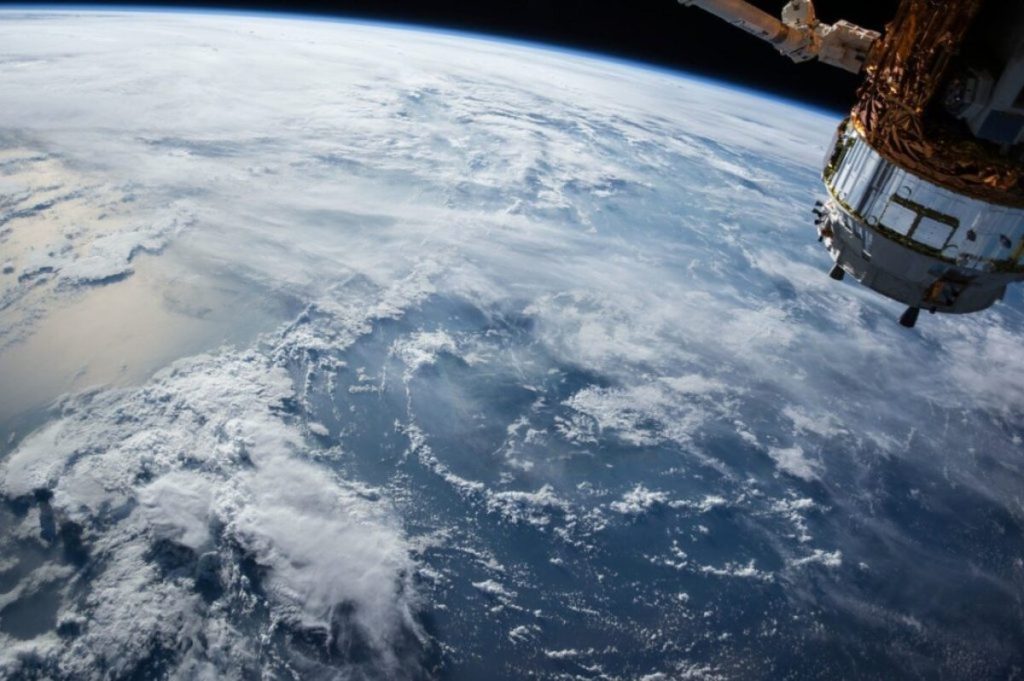The former capital of French West Africa has taken a giant step in its technological journey owing to the successful launch of its maiden satellite, GAINDESAT-1A. This momentous occasion for the West African nation was launched from California’s Vandenberg Space Force Base in August 2024 with SpaceX’s Falcon 9 rocket. This development places Senegal in an exclusive group of only 12 African sovereign states that have successfully launched surveillance and telecommunications satellites into space.
Table of Contents
Senegal’s Technological Independence
President Bassirou Diomaye Faye, the Senegalese president, described the satellite launch as an important milestone in the country’s journey towards achieving “technological sovereignty.” In a statement posted on X (formerly Twitter), the President sincerely and proudly appreciated everyone who participated in the project. “This marks a major step in our nation’s advancement and showcases our commitment to becoming a leader in technological innovation,” he tweeted. The satellite’s launch shows forth the strategic efforts of the country to prove its presence in the global space race and use of technology for national development.
The Making of GAINDESAT-1A
GAINDESAT-1A is a nanosatellite that was developed through a joint effort between Senegalese engineers and the Montpellier University Space Centre in France. This international cooperation shows a strategic partnership deal toward advancing technology for underprivileged nations. Launched aboard SpaceX’s Falcon 9, the GAINDESAT-1A nanosatellite is one of the larger payloads attached to the 115 satellites, showing Senegal’s developing strength in aerospace technology and its resolution to create a foothold in space adventure.
Furthermore, GAINDESAT-1A establishes Senegal’s cultural identity, with “Gaindé” meaning “lion” in Wolof, representing strength and courage. Senegalese engineers who worked alongside French experts were rigorously drilled and trained to ensure the satellite’s successful deployment. The project significantly showcases the building of local expertise in space technology while preparing the stage for future advancements.
Strategic Applications for National Development
GAINDESAT-1A wasn’t developed for ceremonial functions; it was assembled to play multiple strategic functions for Senegal. One of the assignments is to supply crucial data to various state agencies, which include those supervising water resource management, civil aviation, and meteorology. Expectedly, this development aims to address Senegal’s most pressing challenges, such as managing water resources where droughts and floods are their neighbours while also improving aviation safety, and enhancing the accuracy of weather forecasting.
The satellite will also support disaster management, environmental surveillance, and agricultural planning; thereby, contributing to sustainable development goals. This event gives Senegal an avenue to reduce its dependence on foreign data and empower its ability to make informed decisions based on real-time information obtained from their country.
Senegal’s Vision for a Space-Faring Future
The vision of the Senegalese government is to broaden the space future of the country by virtue of the successful launch of GAINDESAT-1A. As emphasized by Maram Kaïré, the director of the country’s newly established space agency, this project represents “an important step and a historic day in our country’s progress and determination to become a space-faring nation.” The creation of the space agency and the consequent satellite launch are seen as baby steps in Senegal’s long-term space strategy.
Like every other country, Senegal’s space ambitions are in consonance with its broader national development plans including fostering innovation, building technological strength, and enhancing global competitiveness. The aim of the agency is to launch satellites that focus on areas such as Earth observation, telecommunications, and scientific research, in years to come. The projection of these efforts is to bring international partnerships and investments, further positioning Senegal as a leader in space technology in Africa.
Global Recognition and Future Prospects
Senegal’s majestic entry into the space realm has attracted international attention; thus, positioning the country as a rising star in the global space community. It’s worth noting that international organizations and space agencies have been praising the country, mentioning the importance of African nations actively involved in space exploration.
Similarly, other African nations have lauded GAINDESAT-1A — Senegal’s project, sparking their interest in modelling after Senegal’s experience to develop their very own space programs. It is hoped that the success of this mission will inspire further regional cooperation in space technology among other African countries, contributing to the overall growth of the African space world.
Moving forward, Senegal, from all indications, aims to explore space further, following their plans to expand its satellite program and invest in similar infrastructural projects. The space capabilities of the country will be leveraged to boost economic growth, develop public services, and enhance national security. As Senegal thrives in the space industry, it is evident that the nation is charging ahead in the quest for technological independence and global influence.

